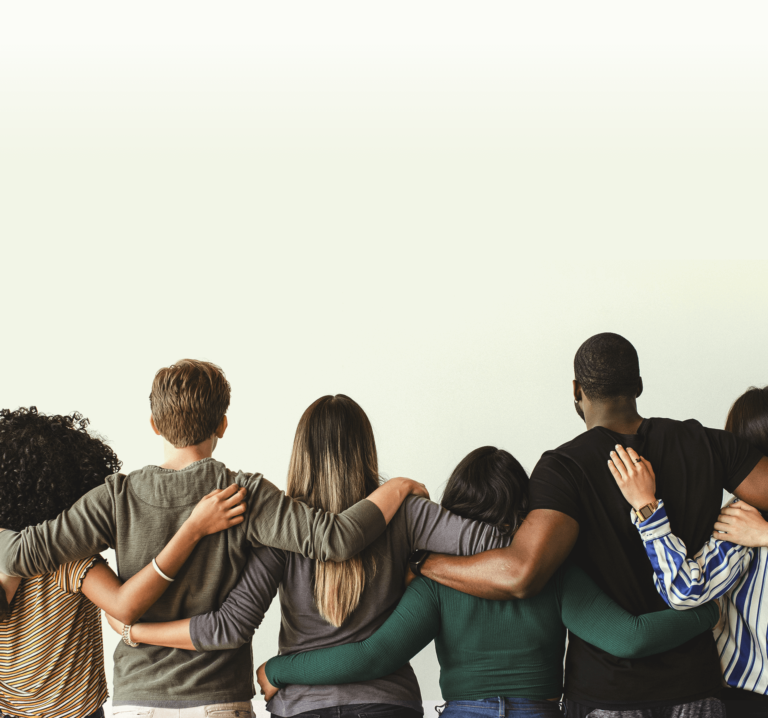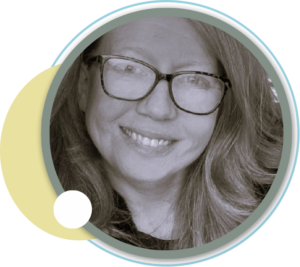All of the life experiences I have tell me that I cannot exist alone.
As a child I absolutely hated being alone. Maybe that’s because I am the youngest of my parents’ five children and there was seldom an opportunity for me to be alone. So, in the rare instance that I was alone, it was uncomfortable for me, and I worked to remedy that bad feeling. I haven’t outgrown that secure comfort in being surrounded by others in my nearly six decades on this planet, and I find it unlikely that I will. I don’t believe this is unique to me or a characteristic of my extroverted personality. I believe that as a species, community is a basic human need.
My personal and professional experiences reinforce that I am not alone in my need for connection to people.
I’ve learned that the greatest challenge for neurodivergent (ND) thinkers is loneliness and isolation. It seems that loneliness and isolation are essentially bred into them during childhood experiences, no matter what their natural disposition is toward people. ND people are individually and systemically bullied and isolated for their differences and become introverted loners from the resulting trauma.
The primary reason that I hear from clients approaching my business for help is isolation.
I’m not talking about all of the twenty-somethings subsisting on mac and cheese without showering for a week at a time who live in their parents’ basement and connect with people virtually seven by twenty-four. Those folks have their parents contacting me to help them get a job because the parents see the eventual lost potential and health consequences of this lifestyle. I’ll explain the reality of the lives of these folks in an entire post for parents titled “Will My Adult Child Every Grow Up?”
I am referring to that client that is in their forties, with plenty of money to exist lavishly and independently. They are well educated and attend lots of fun events with other people around them, and yet, they still feel alone and isolated. This situation is more complex because, like most neurodivergent thinkers, the person is extrinsically thriving by most visible measurements. The skill we need to teach is one of the deep connections to bind them to a community at a basic level. This individual has done all the right things in terms of working through the educational system, creating a healthy lifestyle complete with nutrition, exercise, hygiene, sleep, and exposure to other people, or some such variation of most of these skills. What they need help finding are meaningful connections to people that give them a sense of purpose and belonging rather than riding alongside life.
In either scenario, the gamer in the parents’ basement or the lonely success story, it is vital for the individual to acknowledge their own strengths and shortcomings, and find community in others that share similar characteristics, interests, and desires. Along this path of self-discovery, the individual must truly accept and honor themselves for who they are before they will find acceptance from others. In “The Power of Disclosure” I explain in further detail why we cannot expect our Neurodivergent folks to glide along blissfully without acknowledging that the fundamental basis of their existence is not aligned to the typical world. That in and of itself is the definition of isolation. Self-awareness is crucial to developing any relationship.
ND people do not follow the herd mentality.
Interestingly, research shows that ND people do not intrinsically follow the herd mentality of the neurotypical population. (Marton-Alper et al., 2020) Whether this is nurture (ND people are individually and systemically bullied and isolated for their differences and become introverted loners from the resulting trauma) or nature (some genetic/familial traits just make us prefer our own company to that of others) is a philosophical debate too big for my little brain. What I know to be true is that finding a tribe/community to connect to is a defining criterion for the happiness quotient of the neurodivergent population overall. How a person gets there can take many different roads.
My personal favorite avenue to community is employment.
My personal favorite avenue to community is employment because it supports so many physical and emotional needs besides creating community, and it’s difficult to tap out when you know your next meal is riding on you showing up. But community can be built through schools, volunteering, religious or interest-based groups, and extensions of family or neighbors, to name a few. The important aspect to sourcing community and friends is finding strengths and interests within the individual and then repetitively connecting the individual to others with shared interests. The Strengths-Based Model of Neurodiversity (SBMN) (Vromen, Ph.D., 2023) focuses on Gardner’s theory of multiple intelligences, positive psychology and psychiatry to increase recognition of strengths and values and reduce the emergence of mental health challenges, and providing developmental skill building to individuals through school and work. This framework has been highly successful with many in the ND community and is the underpinning for how we operate at Alpine Square. However it is that you find your connections, hang on tightly to your people. Any relationship has its ups and downs, but all can be overcome with communication and compromise. As one of my favorite Denver area psychologists has said, “It’s not about the food, it’s about the friends!” To us this means it doesn’t matter if your people are going out for lunch at Micky D’s after the game and you really dislike fast food. This is an easy compromise to go with the crowd and drink a glass of water while they chow down on the Big Mac and fries. Don’t turn down the invitation to be with people because you don’t like the food! Not a small task for our community to be compromising and flexible, but with the right skill building and team members working to encourage opportunities to build meaningful relationships, community will happen.



